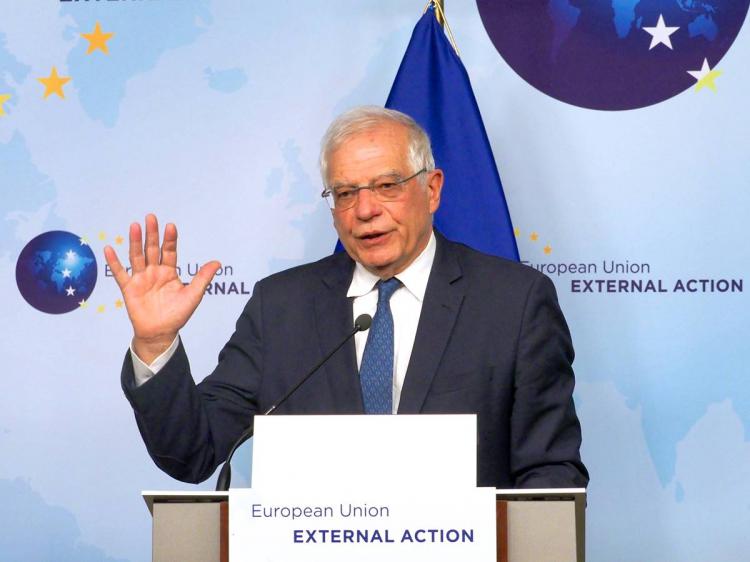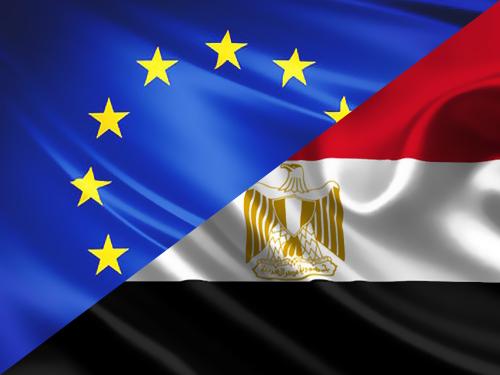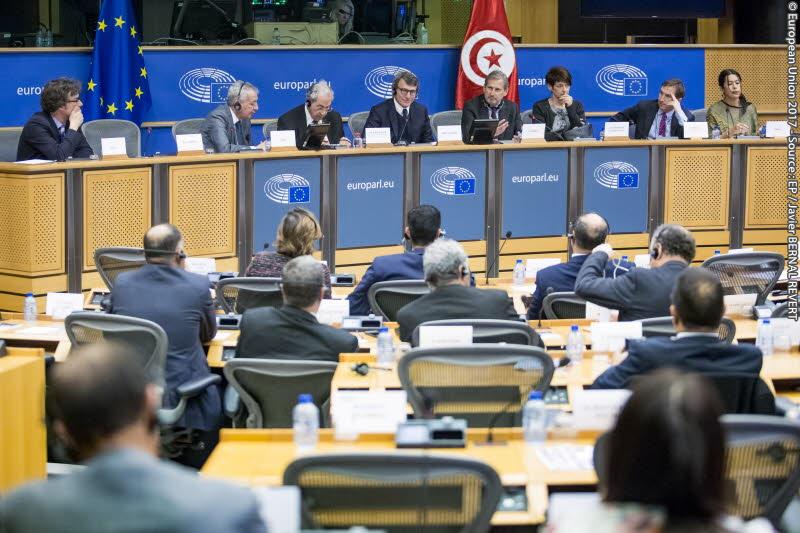Video conference of Foreign Affairs Ministers: Opening remarks by HR/VP Josep Borrell at the press conference
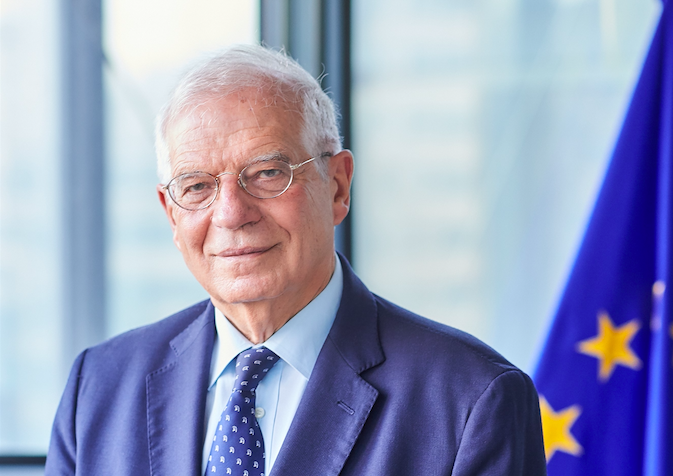
Although the coronavirus and its implications are still high on our agenda, today’s discussion is already an indication that we are gradually returning to core foreign policy issues.We started with brief exchanges on the current affairs regarding Libya, Turkey and Afghanistan.
On Libya, it is sad to say that the situation does not improve. Neither international appeals, nor the threat of the spread of coronavirus, have managed to stop the warring parties from fighting. The fighting continues and is even increasing.
[…] We reconfirmed the determination to implement rapidly the so-called “Team Europe” package, in total €20 billion for the most vulnerable countries. We discussed in particular the possibility of setting up an EU Humanitarian Air Bridge to deliver coronavirus related equipment and facilities and also to give a hand to the movement of humanitarian staff.
I talked with the responsible of the World Food Programme (link is external) [Chief Executive, David Beasley], for example, and he told us that the breakdown of the logistical chains and the difficulties coming from closing borders and closing of transport activities are jeopardising the possibility that humanitarian help reaches some areas in some countries.
[…] On the Eastern Partnership, the [Foreign Affairs] Ministers agreed that the current crisis is an opportunity to demonstrate that the EU is the most reliable partner for these countries. We have discussed how we can support them so that their economies, jobs and institutions do not suffer from this situation and that a drive for reforms remains high on our agenda.
The June Eastern Partnership Summit, which I except to be maintained, should be a good occasion to reaffirm the EU’s support to the region, but also to advance work on concrete areas of cooperation, sustainable economic growth and job creation, in line with the Eastern Partnership Joint Communication issued on the 18 March.
Read more



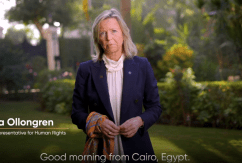

























 Syria
Syria 